The world is an incredible place — and we are lucky to live during a time when it is cheaper and easier than ever to explore it! But is your hard-earned holiday money unwittingly supporting cruelty overseas? These handy travel tips will have you enjoying incredible experiences, without hurting animals …
This image contains content which some may find confronting
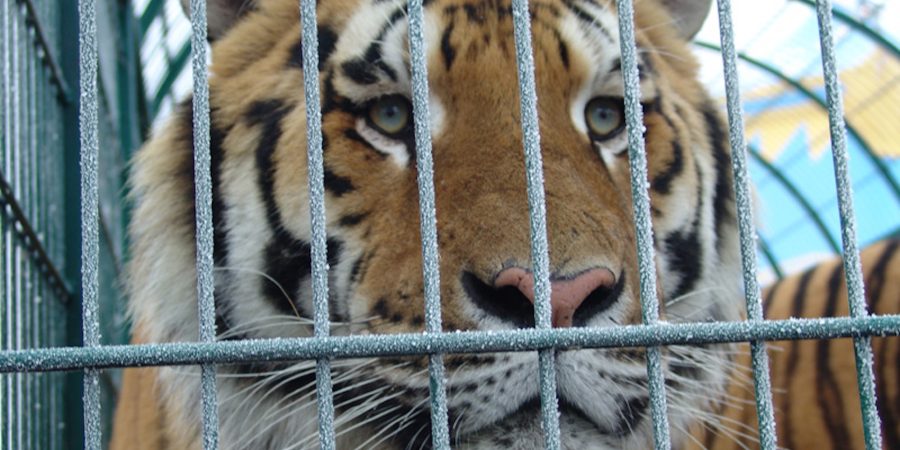
1. View wild animals where they belong — in the wild
Zoos often cannot meet even the most basic needs of animals, particularly exotic wildlife. Some are simply ‘displayed’ in barren cages, their captivity funded by unwitting tourists who pay to see ‘wild animals’. Avoid going to marine parks that display dolphins and/or whales — as the needs of these animals simply cannot be met in captivity, and they suffer greatly for the sake of ‘entertainment’. Check out these amazing places to see animals in the wild instead.
This image contains content which some may find confronting
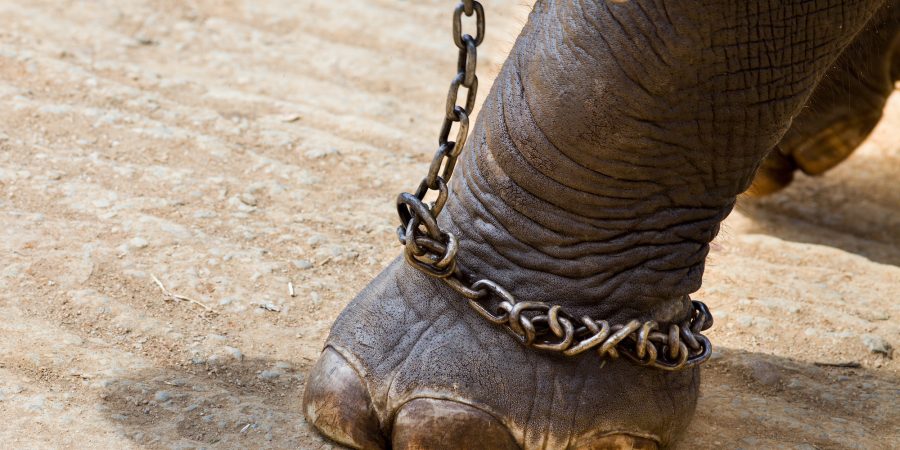
2. Ride bikes — not elephants!
There is often hidden cruelty behind elephant rides. These lucrative businesses can subject sensitive and intelligent animals to cruel training practices, long working hours, confinement, chains and stress. Because of animal welfare concerns, leading travel groups like Intrepid Travel, and have ceased tours involving elephant rides. Why not contact your local travel company and ask them to do the same?
This image contains content which some may find confronting
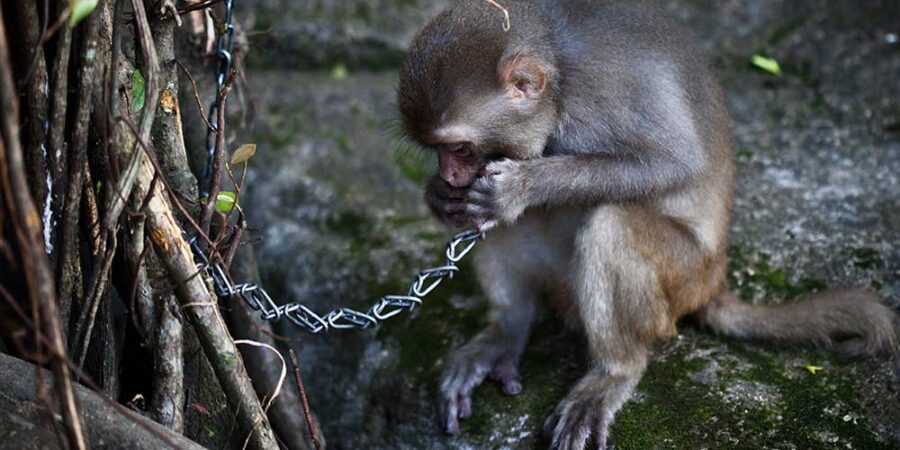
3. Don’t pay for photos with wild animals
Paying a few dollars for a cuddle and a photo with that baby tiger or monkey may prove difficult to resist — but often, animals used for these purposes are taken from the wild, and their mothers killed. Wild animals aren’t born to perform or to pose for photos — and can be chained up when not ‘working’, have their teeth removed, be drugged, and trained cruelly to make them compliant. These ‘picture perfect’ animals can lead far from perfect lives.
This image contains content which some may find confronting
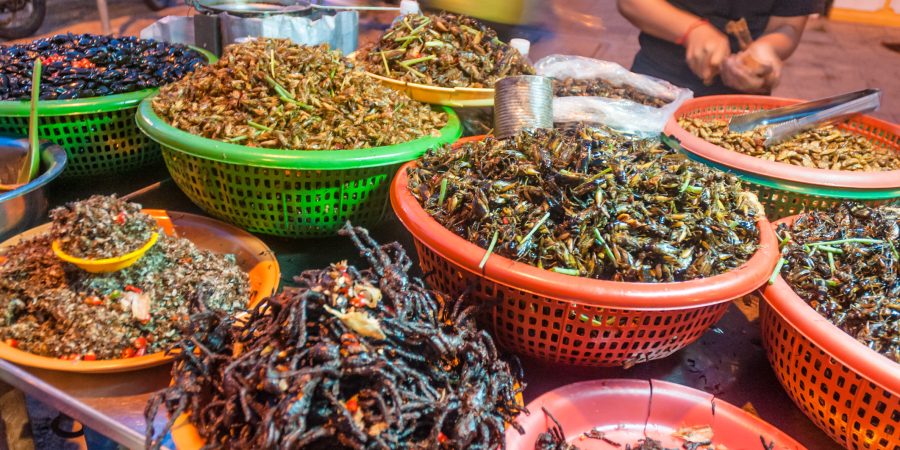
4. Be wary of ‘exotic local cuisines’
There are some pretty bizarre ‘meals’ available around the world. Some ‘exotic cuisines’ are downright stomach-churning — and not just in a gastronomic sense. Be mindful that some ‘local cuisines’ can result from horrific cruelty (foie gras? Frogs legs? Live octopus? No thanks). Being aware of how your food choices can impact on animals is important everywhere you go (including at home!)
This image contains content which some may find confronting
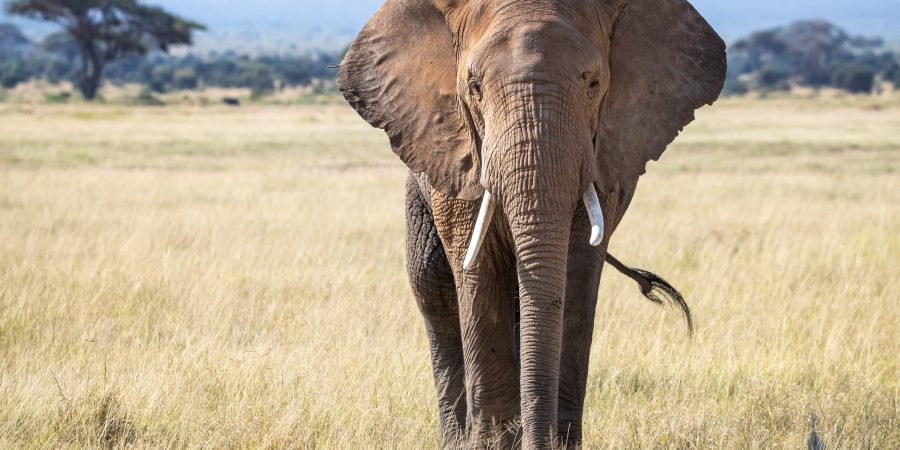
5. Memories (not animal parts) make the best souvenirs!
Never purchase souvenirs made from animals — such as ivory, fur, turtle shell products, or animal skins/pelts. Not only may they have come from an endangered animal (and could land you in some serious trouble at border control!), but they have often resulted in the animal’s suffering or death. There are much better ways to hold on to your wonderful memories — why not write in a travel journal, take photos — and of course, bring your memories home with you!
This image contains content which some may find confronting
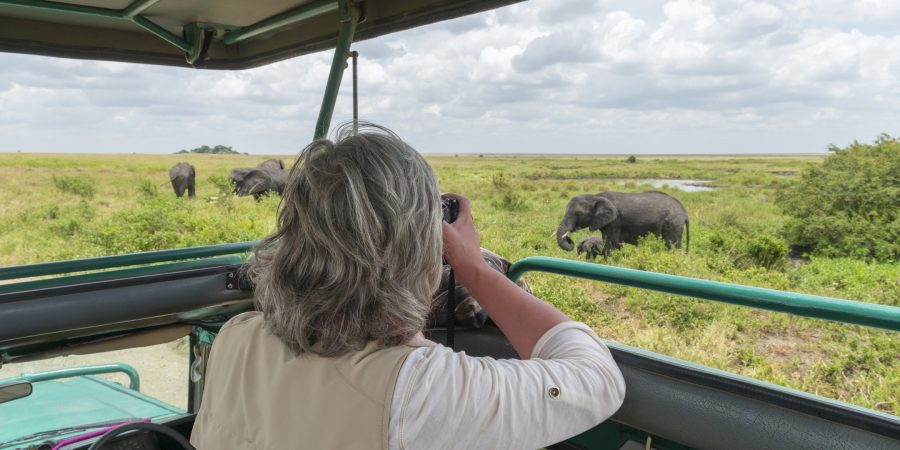
6. Take photos — from a distance
Sometimes, in the quest to get that ‘perfect shot’, tourists can get up too close and personal to wild animals. Sadly, this can stress animals out so much that it may lead birds to abandon their nests or result in animals flying or running into dangerous situations on roads or out of their territory.
It’s safest to let wild animals stay wild, leaving them with as much space as they need to move freely and without fear. We’re entering their homes after all, so it’s best to be respectful!
This image contains content which some may find confronting
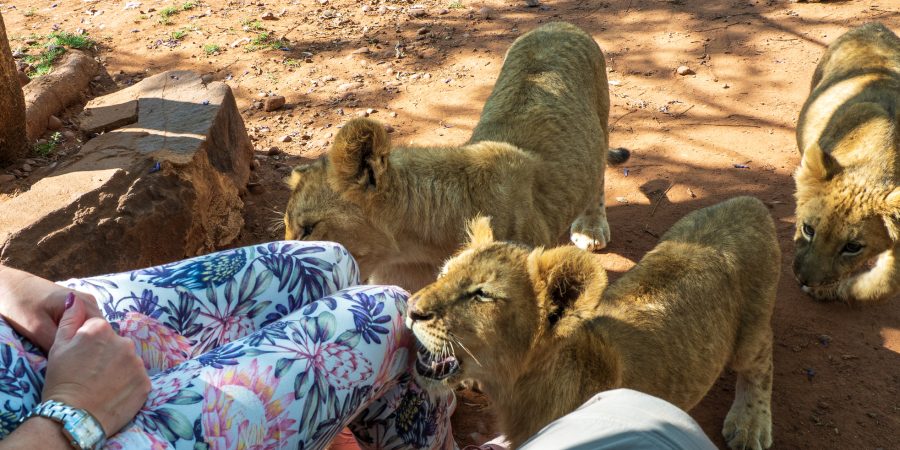
7. Research the countries you’re planning on visiting
Before you head off on your big adventure, do some research into the country you’re visiting, to find out which potential animal issues you might come across. This might spare you from nasty surprises, and help you avoid unwittingly participating in abusive animal ‘encounters’ – like not paying to pet and take selfies with lions, tigers or other big cats. These facilities often falsely claim to be ‘sanctuaries’ or ‘ethical voluntourism’ experiences, but more often than not are breeding and exploiting animals for profit through ‘hands on experiences’ like cub petting, ‘walking with lions’, and canned hunting – all of which result in a lifetime of misery – and ultimately death – for the animals, with no conservation benefits.
This image contains content which some may find confronting
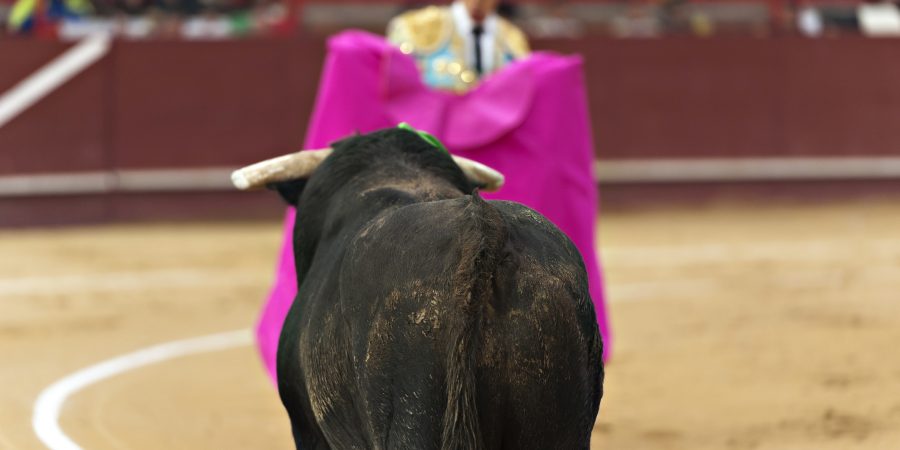
8. Celebrate culture — not cruelty!
Being able to immerse onseself into another culture is a huge drawcard for many prospective travellers, and while we should celebrate cultural differences — keep in mind they are often used to excuse profiting from animal abuse. Cock fighting, bull fighting and rodeos have all been defended as being ‘culturally important’ — but these forms of ‘entertainment’ can cause extreme stress, pain, and even death to animals. Ultimately, many of these so-called ‘cultural’ practices are run in the interests of making profit. There are many wonderful aspects to cultures the world-over that do not involve harming animals and they’ll leave you with many more positive memories that you will actually want to share when you come home.
This image contains content which some may find confronting
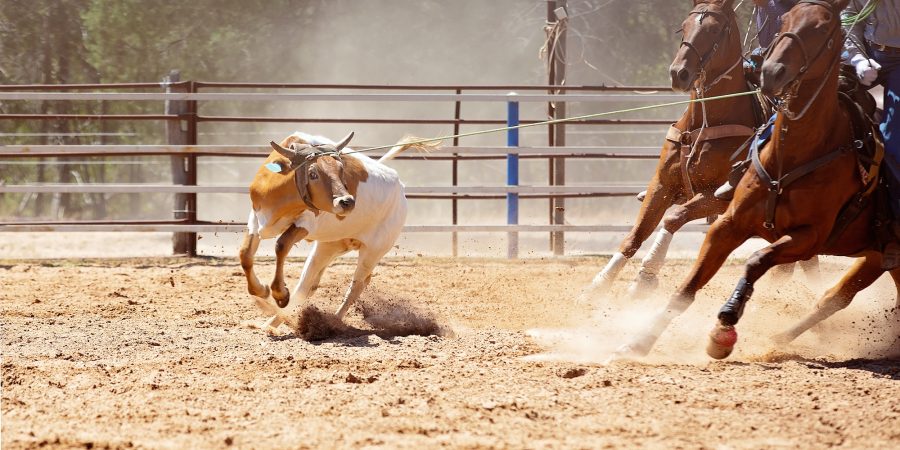
9. Bucking tradition is sometimes a good thing
Many things we now consider to be morally and ethically unacceptable have at one time or another been defended in the name of ‘tradition’ (don’t forget — Australia was a whaling nation once, too!). But calling something a tradition is simply a way of saying that it has been happening for a long time … which, in the case of animal cruelty, is just another reason it should not be supported. It can be difficult for outsiders to challenge events that are considered to be traditional in some areas. But you can ‘vote with your feet’ by simply walking away — and making a note to contact the local tourism board when you return home to tell them why!
This image contains content which some may find confronting
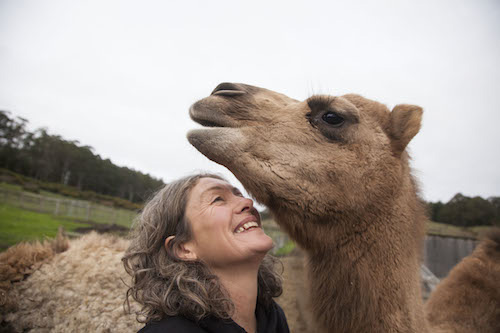
10. Share the love across the world by visiting an animal sanctuary!
There is good and bad everywhere you go, so why not focus on the good and do what you can to help? There are animal sanctuaries and welfare organisations around the world — many that run volunteer programs — why not see if you can get in touch to arrange a visit while you’re in the area? Not only can you gain a better understanding of local animal protection issues, but you might find an opportunity to engage with animals in a way that benefits them (and you too!)
Be worldly — be kind — be respectful
It can be difficult being confronted with animal cruelty, no matter where you are. It’s important to keep in mind that every country has animal protection issues (and organisations working to address them) — so being aware of the problems, and empowering yourself to help animals in whatever capacity you are able is far more productive than simply attacking or attributing blame to entire countries, races, or cultures. Setting a positive example for other countries to follow can be a great way to inspire change overseas! Learn more about some of the major issues facing animals in Australia — and how you can help — by heading to our campaigns page.








